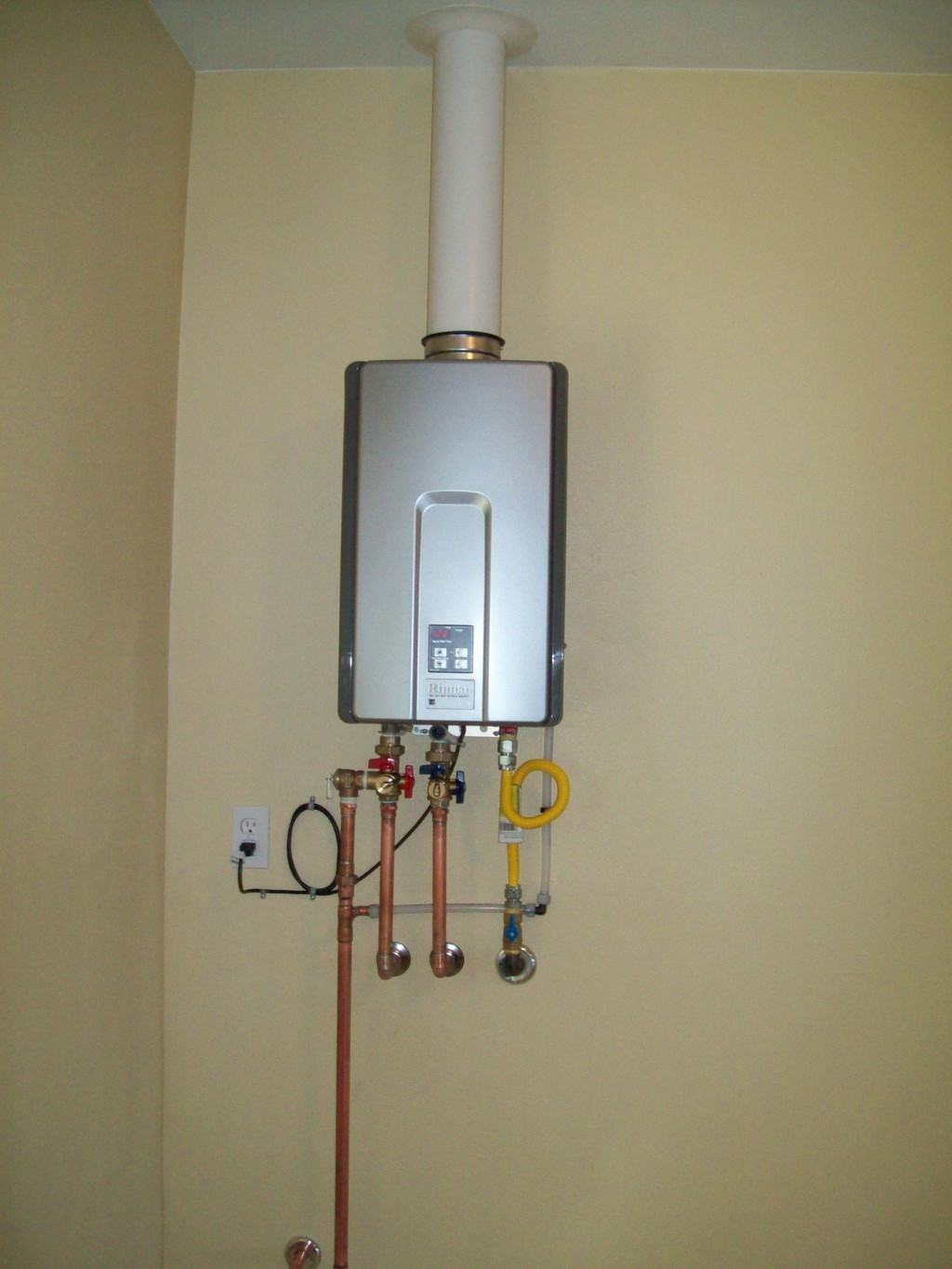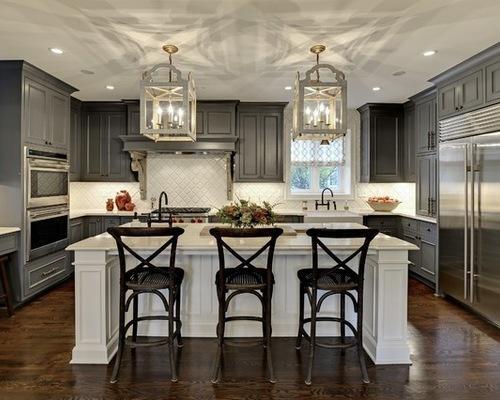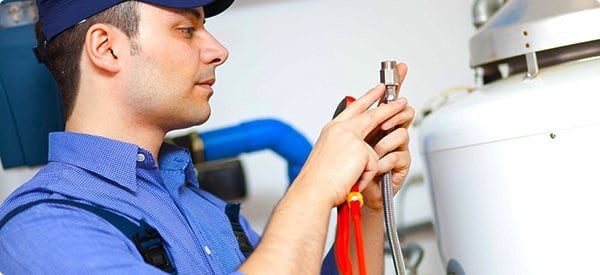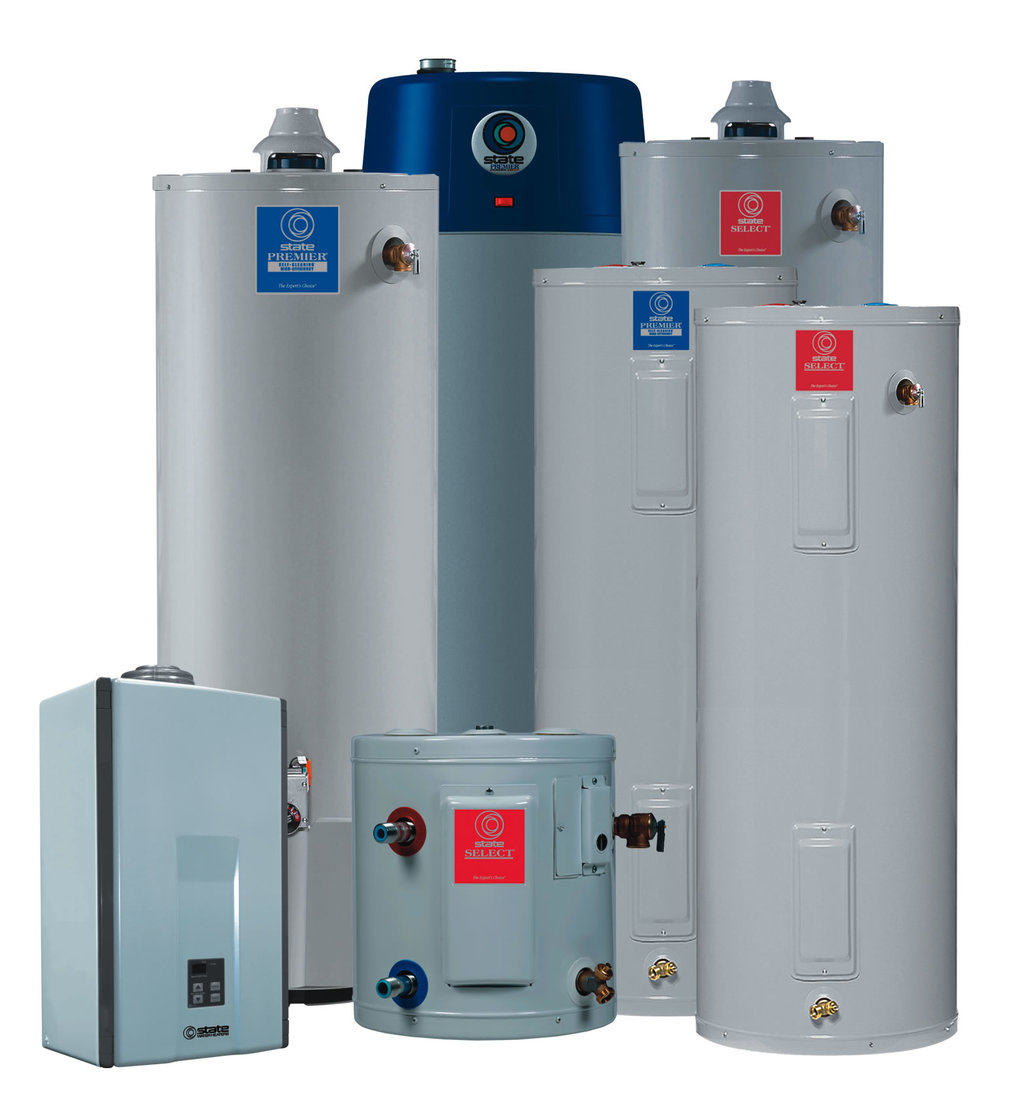One of the basic considerations when buying a water heater is its functional and operational nature based on its basic design. You can either choose a model with an inbuilt storage tank or on without. Each of these designs offers a number of benefits and limitations. While still focusing on their functional and operational nature, you can further classify or categorize water heaters according to the kind of energy they use. Commonly referred to as the fuel type subcategories, most water heaters are either electric, gas, solar, or hybrid. Again the different fuel types come with different advantages and disadvantages. Due to space limitations, we won’t be able to cover all these design and functional variations here. We will only look at the two main water heater designs — storage and tankless — in this article. But you can always visit our blog for a full coverage of this topic.
Conventional Storage Water Heaters
As the name implies, conventional storage water heaters have a storage tank or reservoir for holding water before and after heating. Water flows in and out of the pipe via connecting pipes and heating is facilitated by either electricity, gas, or even solar.
Advantages
According to industry reports, conventional storage water heaters are the most popular models in the United States. Their popularity emanates from the following financial, functional, and operational benefits:
- They are the cheapest or the most affordable water heaters.
- They are very easy to install especially with the help of a professional DC commercial plumber.
- They are functionally reliable and dependable even for multiple/simultaneous hot water needs.
- With proper maintenance, conventional storage water heaters are very durable.
Disadvantages
As mentioned above, all water heater models and designs offer the consumer various advantages and disadvantages. The major limitations of conventional storage water heaters are:
- They are highly inefficient, due to standby heat loss in their reservoirs.
- They require regular inspection and maintenance.
- Compared to tankless models, conventional storage water heaters are very expensive to operate and maintain.
Tankless Water Heaters
Unlike the conventional storage models, these water heaters lack a water storage tank or reservoir. They use gas or electrical power to heat water instantaneously or on demand without storing any.
Advantages
The functional suitability of tankless water heaters depends on a number of factors, including the size of the heater, energy efficiency, operating & maintenance costs, fuel type & availability, and so on. Some of the benefits of acquiring, installing, and using tankless water heaters are:
- They are more energy efficient than conventional storage models.
- They have lower operating costs and their replacement parts are tough and long-lasting.
- Due to their simple design, tankless water heaters are quite small and hence require less installation space than conventional storage models.
- They maintain constant hot water flow without getting exhausted.
- Their cumulative energy savings are huge making them the cheaper model in the long-term.
Disadvantages
Tankless water heaters are not as popular as conventional storage models. The following limitations undermine their adoption.
- They are more expensive to purchase and install than conventional storage models.
- More than one tankless water heater is needed to fully furnish simultaneous/multiple hot water consumption especially in large residential or commercial settings.
- Their instantaneous water heating process requires a brief lag time to heat the water to the required temperature.
- To enhance their functionality and energy efficiency, tankless water heaters need special and expensive maintenance.




